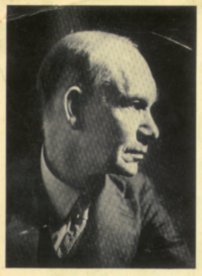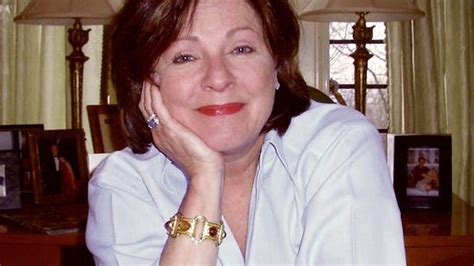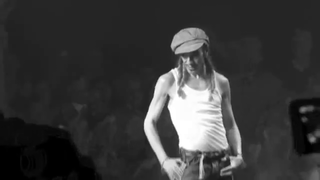A Quote by Rory MacLean
The travel book is a convenient metaphor for life, with its optimistic beginning or departure, its determined striving, and its reflective conclusion. Journeys change travellers just as a good travel book can change readers.
Related Quotes
I allude to Back to the Future in the 1985 story to let folks know it was an inspiration and because it literally was the most time-travelly bit of pop culture we had in the mid 80's. I can talk about their tools for considering change. First, the book is metafictive in a traditional sense where I'm showing and telling the reader that the act of writing and reading is a reflexive way to push boundaries of real and literal time travel. Writers and readers are time travellers. The question is what we do with that time we traveled when we leave a book, leave a page.
Obviously it's easier when I' m doing the adapting myself. But my feeling is, your potential upside far outweighs the downside. Ultimately, they [moviemakers] can't change your book. Your book remains on the shelf the way you wrote it. If they make a great movie of your book, then you have the equivalent of millions and millions of dollars of advertising for your book. If the movie's not that good, that doesn't mean the book's not good. It doesn't change what you've already written. It has the potential to reach more people.
I have always thought that librarians are a little bit like doctors, travel agents and professors all rolled into one. We all know that a great story can lift spirits, take you anywhere in the world you want to go and in any time period to boot, and the lessons you learn from a good book can buoy your own convictions and even change your life.
It's so exciting when a book catches traction you didn't even expect (or completely did expect!), and so frustrating when a book never quite catches the traction you know it deserves. But either way it doesn't change the book, it doesn't change how much I love that book, or how thrilled I am to be publishing it.







































